
W Edinburgh and the Dugald Stewart Monument at sunset.
© VisitScotland / Kenny Lam
Business Events News in Scotland
Explore the latest news from the Scottish business events sector and insights from the VisitScotland Business Events Team.
Latest initiatives and successes

Aberdeen secures more than £59M in conference business
Aberdeen Convention Bureau, P&J Live, University of Aberdeen and regional partners have built a strong pipeline of future business to the region.
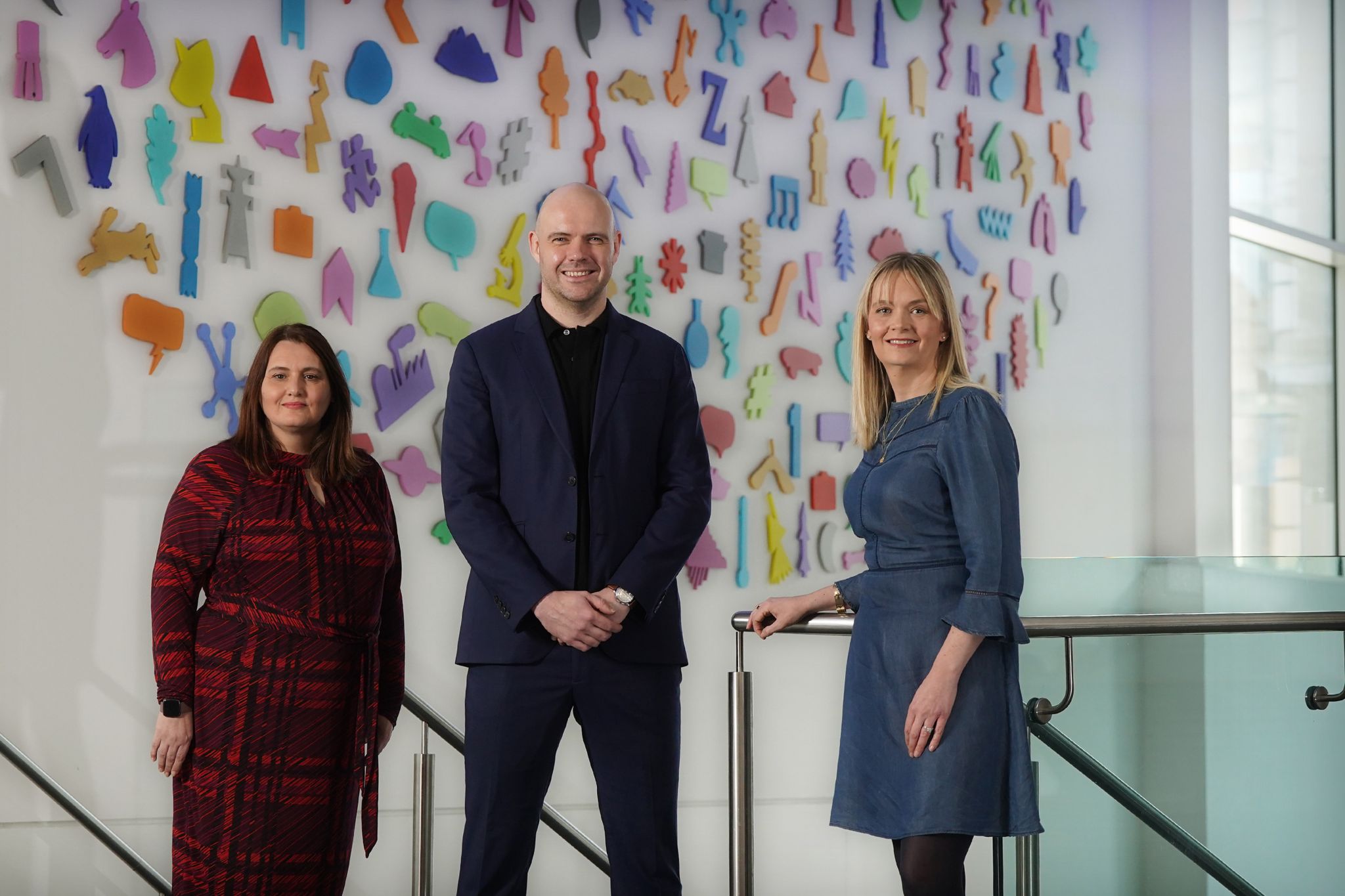
EICC Neurodiversity Initiative
EICC, Welcome Brain Consulting and ABPCO proudly launch the groundbreaking Neurodiversity in Events Toolkit.
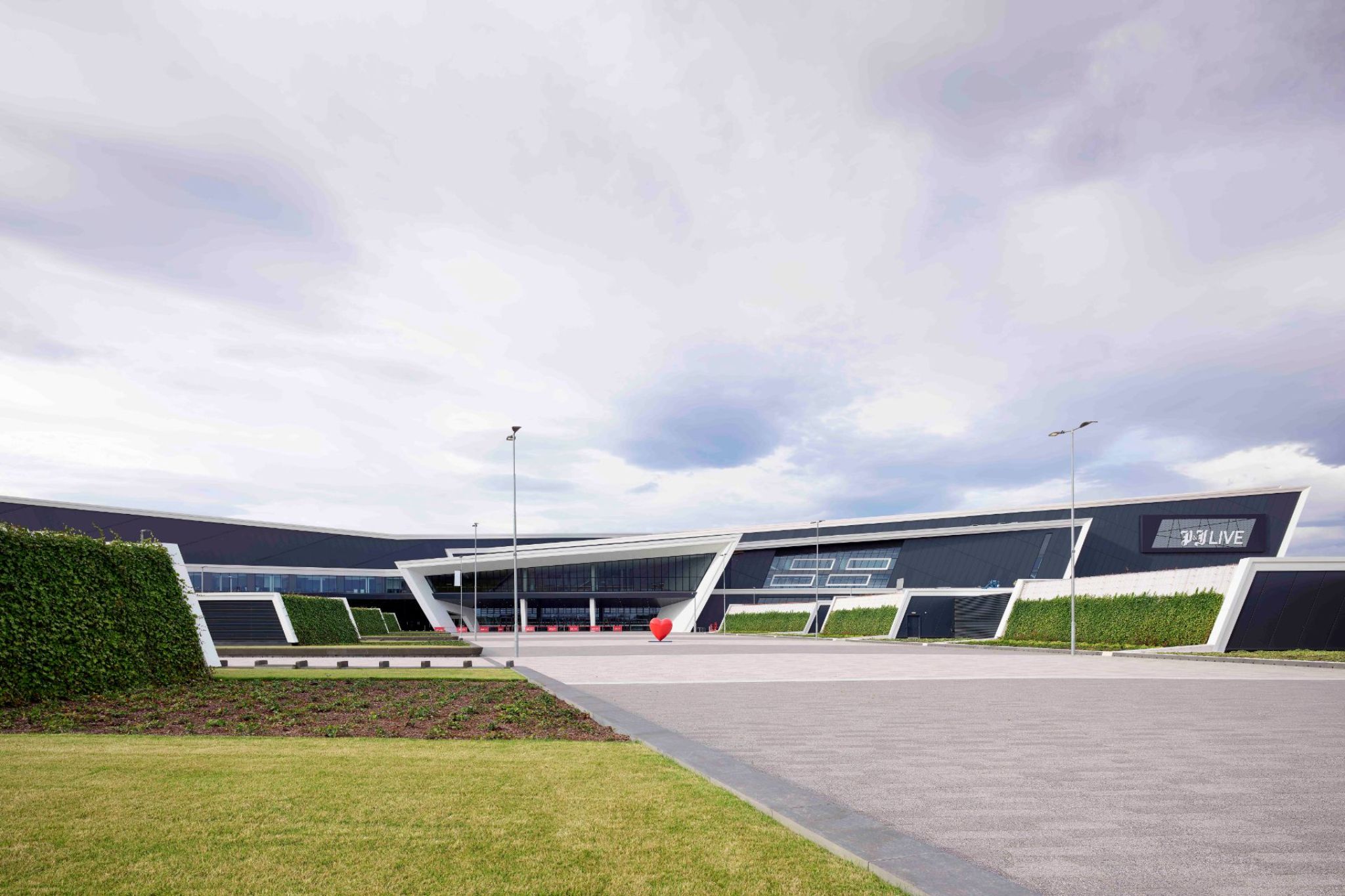
P&J launches ambitious sustainability campaign
On Monday 8th July, the first day of Net Zero Week 2024, Aberdeen's P&J Live unveiled details of a major sustainability campaign.

Glasgow welcomes ESTRO congress
Glasgow is set to welcome over 6,500 delegates attending the European Society for Radiotherapy and Oncology (ESTRO) congress being held at the SEC.

Ocean Sciences Meeting Heads To Glasgow In 2026
Ocean Sciences Meeting 2026 (OSM26) will be held in Glasgow.
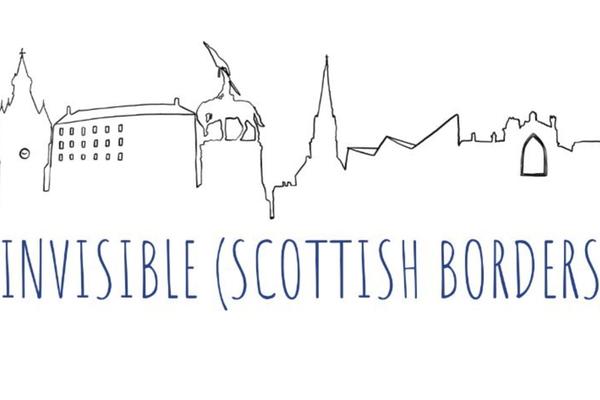
Invisible Cities Extend To Scottish Borders
Award-winning social enterprise Invisible Cities has announced its latest expansion.
Looking back

Scotland at IMEX Frankfurt
The VisitScotland Business Events team and 10 of its partners exhibited at IMEX Frankfurt, one of the biggest business event trade shows in the world.

Scotland on stage at IMEX America 2024
Our team and 12 Scottish partners headed to IMEX America, which attracted more than 5,500 buyers and over 15,000 participants.

Returning From The Meetings Show 2024
The Meetings Show continues to be the largest meetings, incentives, conferences, and exhibitions tradeshow in the UK.

VisitScotland Talks 'Why Scotland And Why Now' In Europe
VisitScotland Business Events hosted 40 senior representatives from 27 global associations in Brussels.

Bringing Scotland To Birmingham
The VisitScotland Business Events team and eight Scottish partners exhibited at CHS Birmingham.

Global connections and impact
The second quarter of 2023 has been an incredibly busy time, so where have we been?
Events outlook

ICCA UK & Ireland Chapter Conference 2025
Our Business Events Associations and Sectors Assistant Manager, Sian Williamson, attended the ICCA UK & Ireland annual conference (26–28 February).

PCMA Convening Leaders 2025
Read the standout moments and invaluable insights as Rory Archibald shares his key takeaways from this year’s PCMA Convening Leaders.

PCMA’s Convening EMEA 2024
Our Business Events Policy Engagement Manager, Patrick Lamont reflects on his key takeaways from this year’s Convening EMEA of PCMA.

Levelling up the business events sector at PCMA edUcon
We caught up with Rory Archibald to discuss his time at this year's edUcon and his key takeaways.

Encouraging Transformative Connections At The Association World Congress
Sian Williamson discusses her time at AWC and her highlights from the event.

Highlights from Business Events Industry Week 2024
Head of Business Events, Neil Brownlee and Senior Business Events Manager, Rory Archibald, attended Business Events Industry Week (BEIW).

Insights and Innovations: Highlights from the SITE Global Conference in Istanbul
Theresa Steven and Corporate & Incentive Assistant Manager, Heather McNee attended the SITE Global Conference in Istanbul, Turkey.
Team news and insights
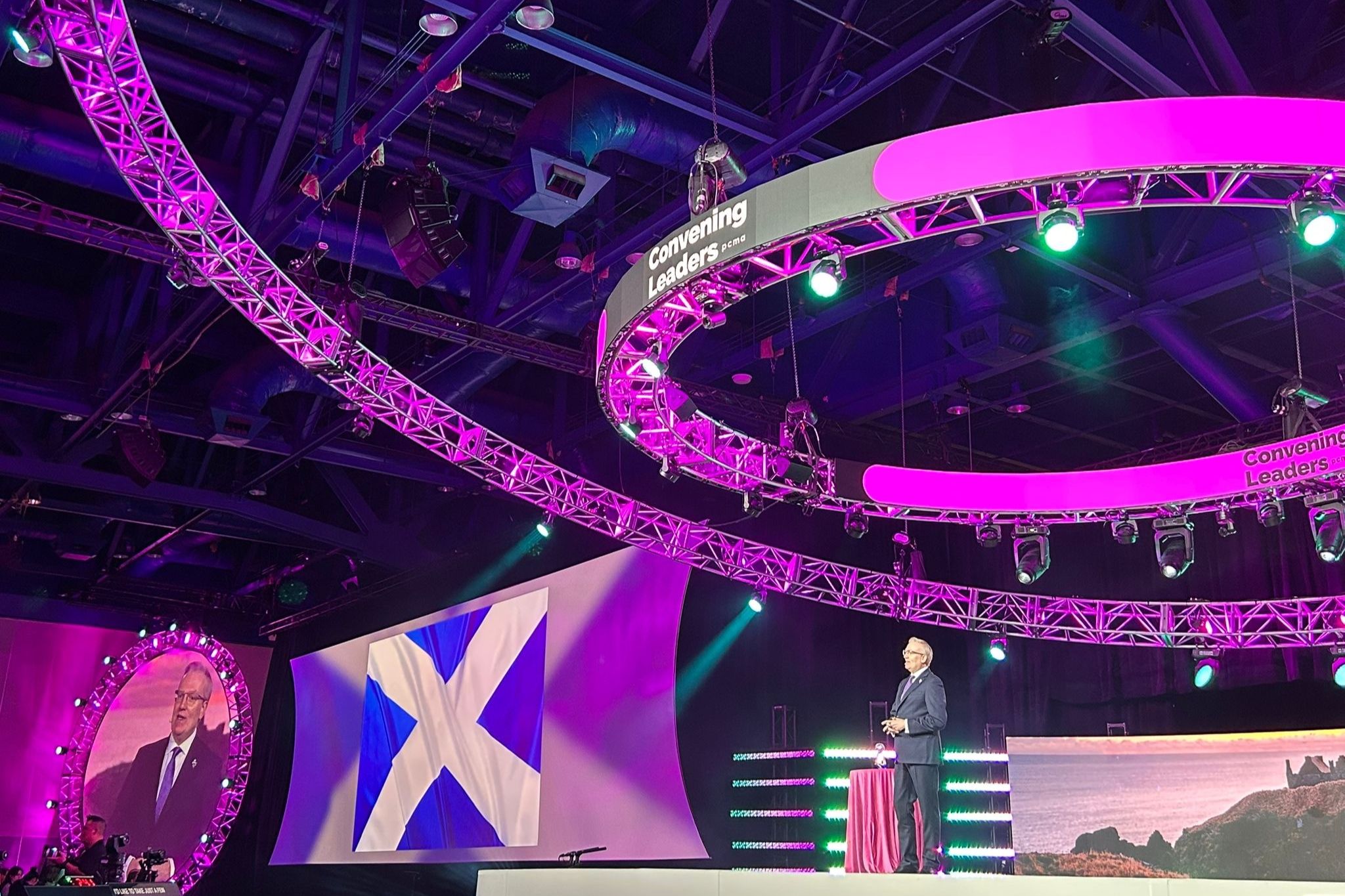
PCMA appoints Neil Brownlee as Chair
Neil Brownlee, Head of Business Events at VisitScotland, has been inaugurated as the 2025 Chair of PCMA at Convening Leaders.

Year-End Reflections
Head of Business Events at VisitScotland, Neil Brownlee, is celebrating a landmark year for the Business Events team in 2024.

PCMA Appoints Neil Brownlee As First International Chair Elect
PCMA has announced the appointment of Neil Brownlee, Head of Business Events at VisitScotland as its first non-North American Chair Elect for 2024.
Scottish industry news
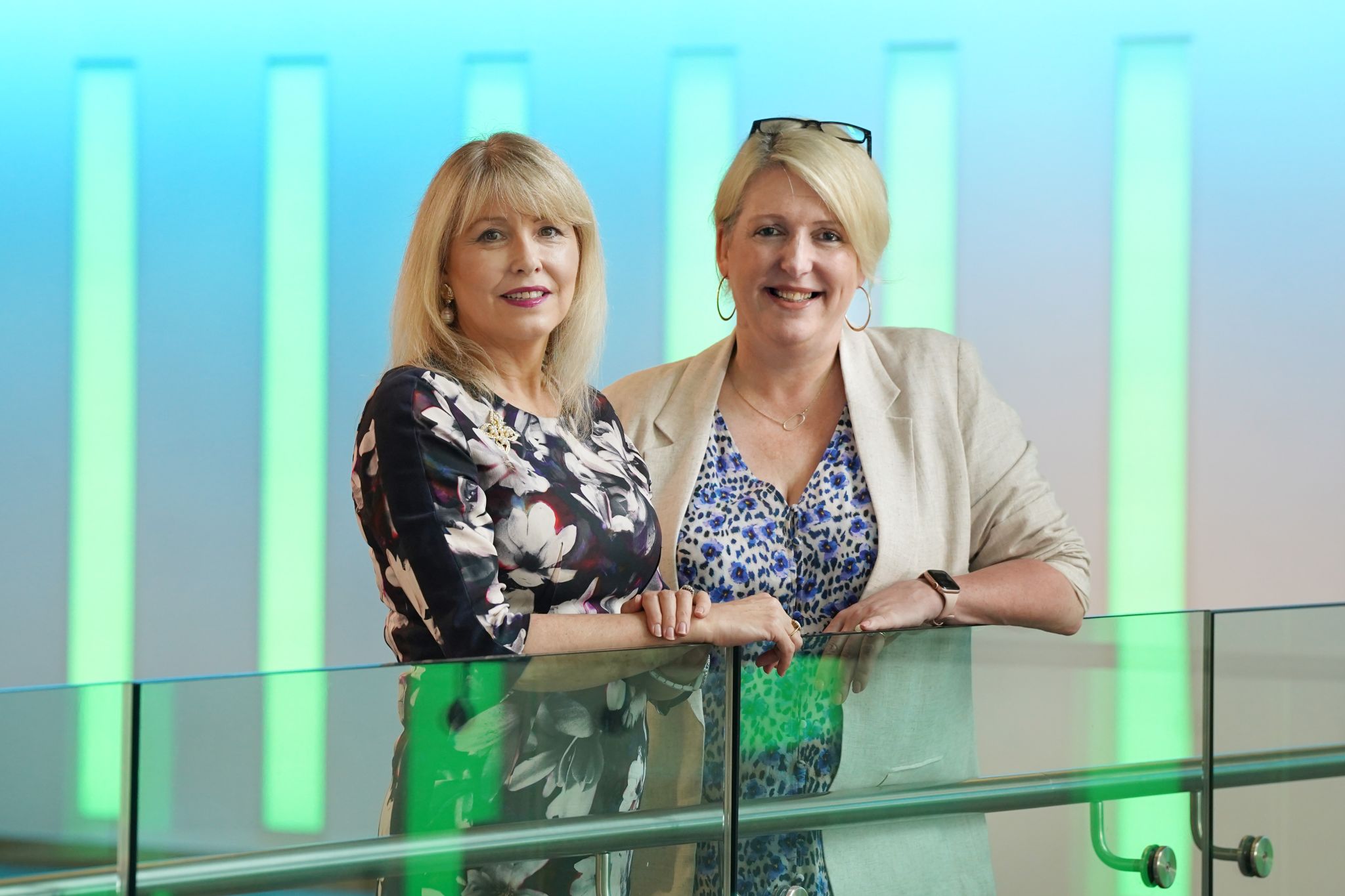
EICC appoints new Chief Executive
Amanda Wrathall has been appointed as the new Chief Executive of the Edinburgh International Conference Centre (EICC).

Mar Hall Golf & Spa Resort officially opens its doors
Mar Hall redefines the luxury country estate experience, with a fusion of urban energy and rural calm, just 10 minutes from Glasgow Airport.
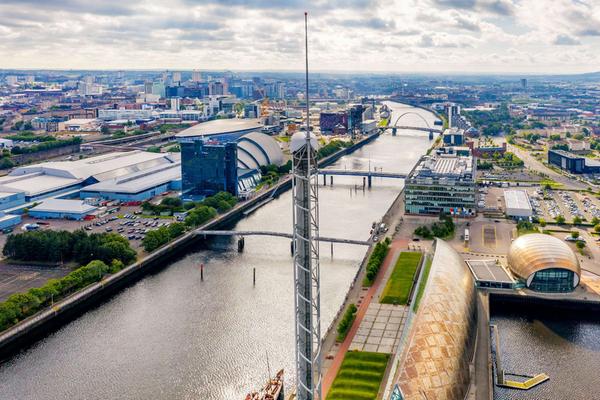
Scottish Association Survey: 2023/24 results revealed
VisitScotland Business Events has released the results of its annual Scottish Association Survey.

EICC launched the Impact Network
The EICC launched the Impact Network, an initiative designed to extend the impact of conferences beyond the venue and into the wider community.

Journey: The Business Events Conversation Highlights
On 19 February 2025, Scotland’s business events community convened for a day of engaging discussions and knowledge sharing.

Aberdeen Ambassador Network Awards 2024
Aberdeen Convention Bureau introduces a new ambassador award, celebrating efforts to bring national and international conferences to Aberdeen.
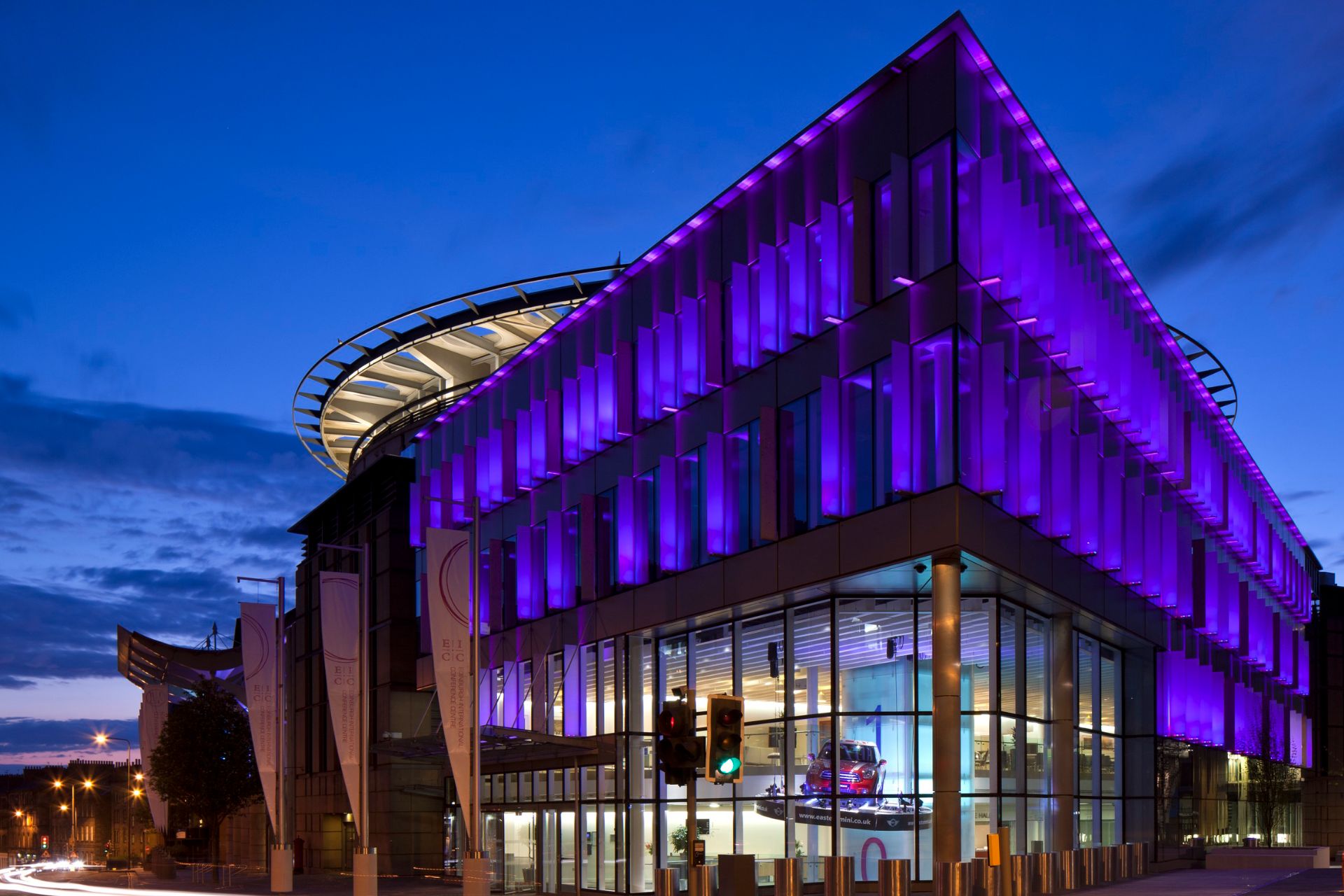
Strong Business Events Presence at Scottish Thistle Awards
The Scottish Thistle Awards 2024 celebrated the outstanding achievements of individuals and the tourism and events industries.

Scotland launches refreshed national events strategy
Scotland has launched its refreshed national events strategy designed to provide strategic focus for all involved in events across Scotland.
Showcasing Scotland

Team Scotland attends The Meetings Show
Team Scotland are set to attend the 2025 edition of The Meetings Show at the end of the month.

Scotland returns to IMEX Frankfurt
Join VisitScotland Business Events at stand F420 from 20–22 May and discover how Scotland can help shape your next impactful event.

Scotland at CHS Leeds 2025
On March 25, the VisitScotland Business Events team, along with seven Scottish partners, will be exhibiting at CHS Leeds 2025.

Celebrating St Andrew's Day in Paris
We brought Scotland to Paris, celebrating St Andrew’s Day with French meeting planners and five Scottish partners.

Networking evenings for German-Speaking Event Organisers
In November, VisitScotland Business Events hosted a networking trip to Austria and Germany for a group of Scottish business events industry partners.

Educational trips for the UK and German markets
The VisitScotland Business Events team hosted UK and German buyers on immersive trips, highlighting Scotland's meetings and incentives offering.

Team Scotland exhibiting at IMEX America 2024
Join us from 8 - 10 October and we can help shape your next business event.
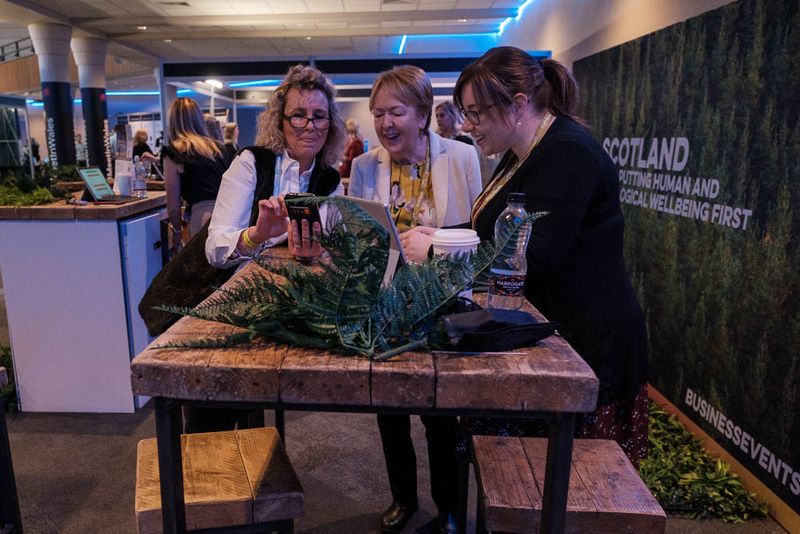
Scotland at CHS Birmingham 2024
On October 29th, the VisitScotland Business Events team, along with seven Scottish partners, will be exhibiting at CHS Birmingham 2024.